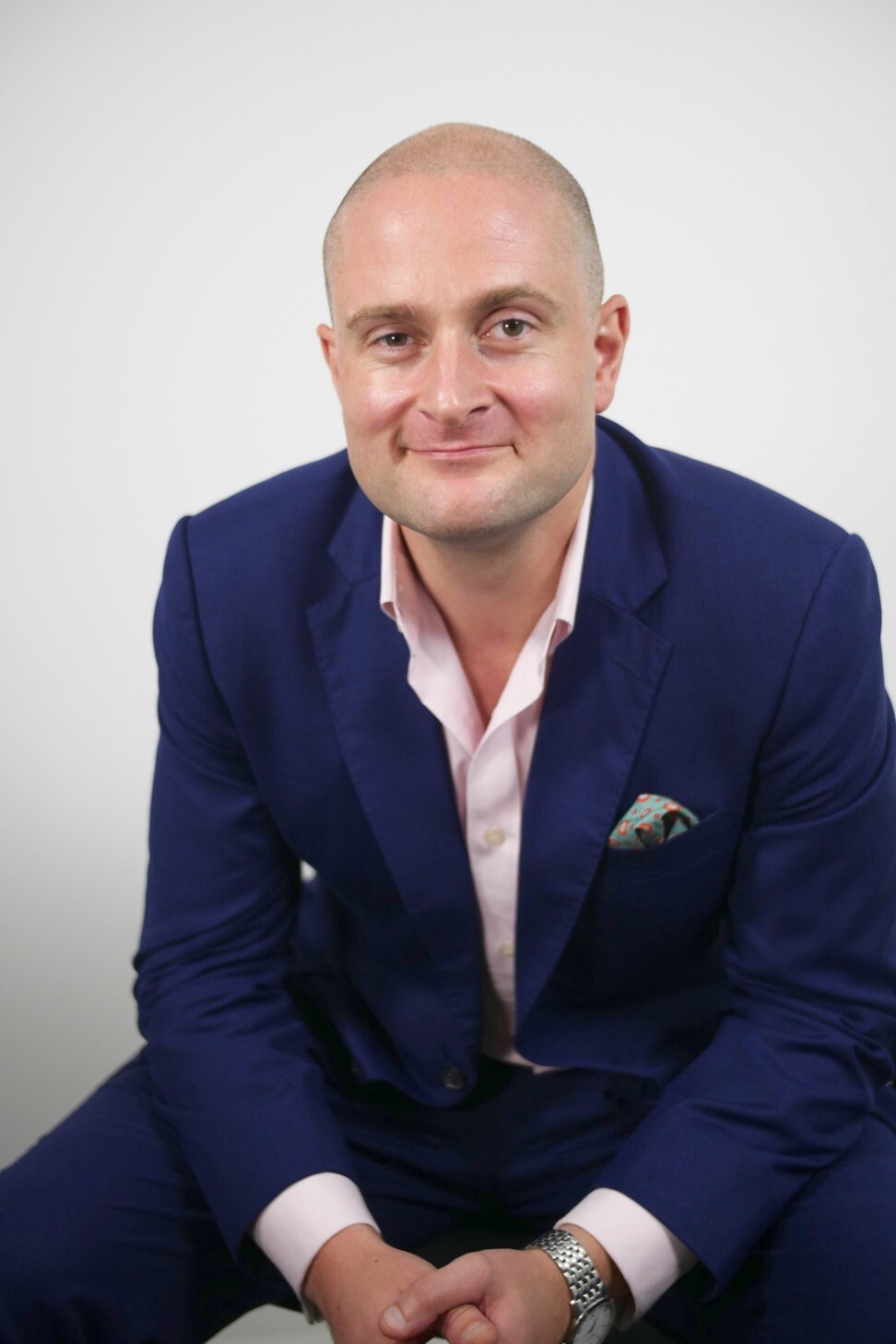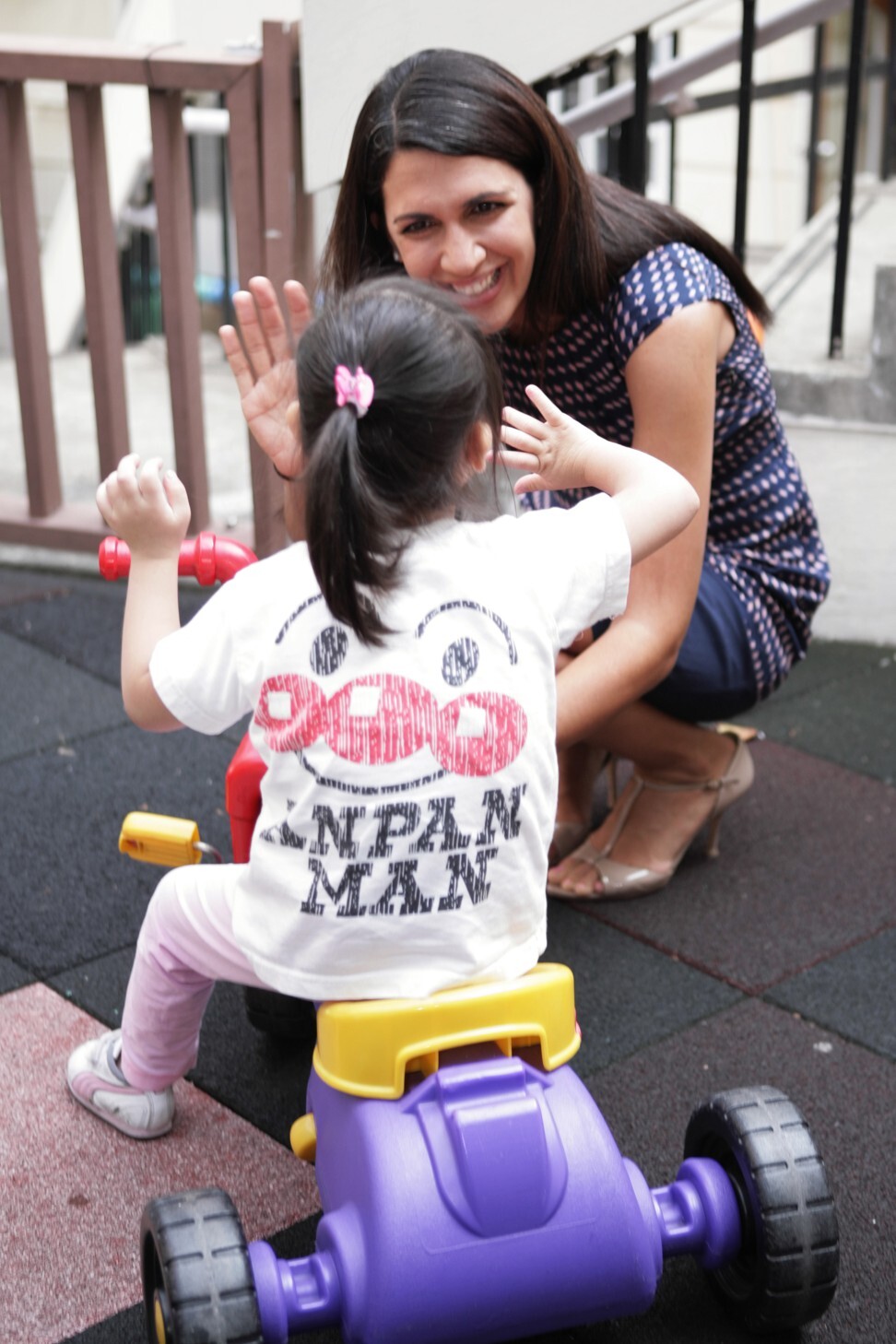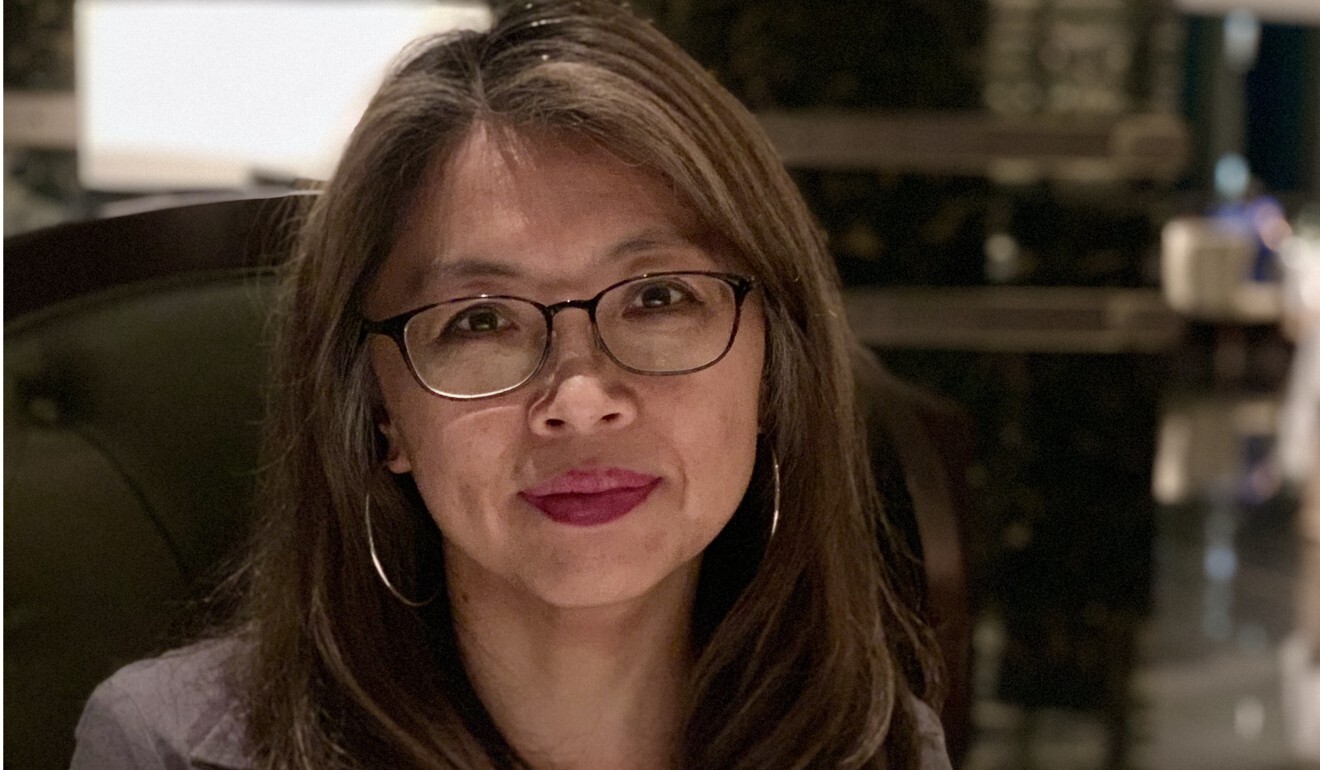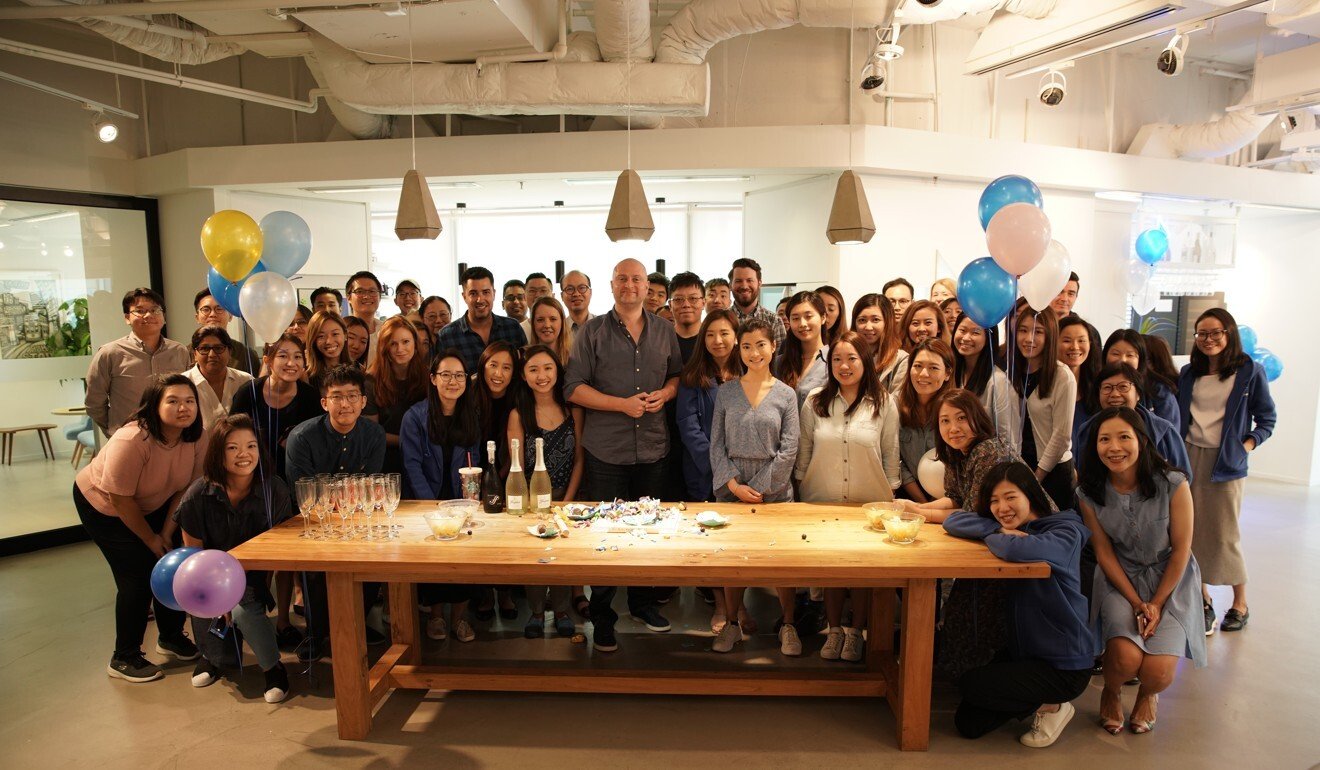
Why adoption leave is vital for an adopted child’s development, and why Hong Kong parental laws need serious overhaul
- It is essential for adoptive parents to spend time with their new child to establish a bond and gain trust
- Hong Kong laws don’t allow for this, but companies are starting to offer parental leave and flexible hours
Two days after welcoming home their first child in December 2010, Faith Seet and her husband returned to work. The Hong Kong-based couple craved bonding time with their four-month-old baby, but their employers’ parental leave policies did not extend to adoptive parents.
Seet, a schoolteacher, relied on her mother and sister flying in from Singapore to mind the baby. When she travelled overseas for work for five days and her family could not fly to Hong Kong, she asked a student’s parents to babysit.
“It was really hard. We don’t have family here and didn’t know enough people to reach out to for help when we were at work,” says the mother-of-two, who received one day of paid leave six months later to attend court and finalise the adoption process.
The adoption of the couple’s second child in 2013 came as her husband took a career break from his regional sales role, Seet says. The transition was easier because he was able to spend time bonding with their five-month-old baby.
Now teaching at a different school, Seet appreciated the principal’s willingness to let her work flexible hours. She was given three days’ leave to attend the court hearing and visit her relatives in Singapore.

This lack of awareness and consistency stem from the city’s labour laws relating to maternity and paternity leave, she says. While Singapore, Japan and Australia have statutory parental leave policies that include adoptive families, Hong Kong’s labour laws are written in a way that leaves it unclear whether it extends to adoption.
When Adrian Warr, then head of reputation at Edelman Hong Kong, adopted eight-month-old twins five years ago, the local practice of the global communications firm did not have inclusive policies in place. However, his supportive bosses gave him paternity leave like any other father, and a combination of holiday and unpaid leave over a one-month period.
“Parenting is an enormous adjustment for all parents, but when you’re adopting you don’t have 10 months to get ready. When you’re told you’ve been matched, to the time your child comes home, you’re talking about a month. There’s no point in decorating a bedroom and buying a furniture – you don’t know the age or gender of the child, or if it’s even going to happen,” he says.

Logistical and emotional factors also come into play. “As adoptive parents, you have this sudden and dramatic shift in lifestyle. Early on in the adoption, you’re encouraged not to socialise children a great deal. They need one-on-one time with mum and dad, and you’re advised to almost seal yourself off from the world. You’re discouraged from having your family visit, so you spend the month trying to do this on your own.”
All adopted children have endured some kind of significant early stressors or traumas, which makes it crucial for adoptive parents to have paid leave to ensure a healthy transition, says clinical psychologist Dr Erica Liu Wollin, who is on the steering committee of Adoptive Families of Hong Kong.
“Adopted children have likely encountered a stressful pregnancy and possibly substandard prenatal care. Then they were separated from their birth parents, whether at birth or later on, and placed into out-of-home care,” says Wollin, a mother of one adopted and one biological child.

“By the time a child comes into an adoptive family, that family is often already the child’s fourth or fifth placement and set of carers – between their birth family, hospital, kinship care, emergency foster home care, childcare home or long-term foster care.”
“We underestimate the impact of neglect on a child’s nervous system. Even institutions such as a childcare home or hospital strive to provide children a safe and caring place to be, but many are left in institutional care for too long, and [that] involves a rotation of workers who come and go,” Wollin says.

Nick Banks, marketing communications manager at the non-profit Generations Christian Education, became an adoptive father two years ago. With his employer’s support, he was able to take a total of 12 weeks adoption leave. He took a portion of this leave full time, and returned to work part time for a few months, so he could spend several days a week with his one-year-old son.
“We received lots of advice from other adoptive families about being together as a family as much as possible in those first few weeks, so that our son could learn we were his parents and this was his home. He wasn’t aware we would be his family forever, and we had to prove to him we would be a consistent and stable presence in his life before he could start trusting us,” Banks says.
Sadly, paternity leave – which is only five days – is often undervalued in Hong Kong, Banks observes. This not only affects the bond between father and child, but also leaves mums with much to do.
“Having time to spend with our son without my wife around was important for my relationship with him. I think if I had had less leave than my wife I wouldn’t have been able to build up the same experience of caring for a child and growing that bond, ” he says.
Adopted children have likely encountered a stressful pregnancy and possibly substandard prenatal care. Then they were separated from their birth parents, whether at birth or later on, and placed into out-of-home care
Adopted children have likely encountered a stressful pregnancy and possibly substandard prenatal care. Then they were separated from their birth parents, whether at birth or later on, and placed into out-of-home care
Children must be given the opportunity to build a loving, trusting relationship with both parents, Eyres says. “For children who have previously lived in an institution, where most childcare workers are women and contact with men has been minimal, they may require more time to build a relationship with their father. Our hope is companies will start granting both male and female adoptive parents the same amount of leave as maternity leave,” she says.
With Warr, now Edelman Hong Kong’s CEO, the firm is in the process of updating its policies to cover all parents. Called “primary care leave”, the new policy will give employees of either gender 15 weeks’ leave. The “secondary carer leave will give employees two weeks’ leave.
“We are flexible if people wish to take more time off work, and I’m committed to further improving our policies soon,” says Warr, who is a deputy chair of the Male Allies – a group of business leaders who advocate for gender equality in the workplace.
Warr has also implemented a company policy that allows employees returning from parental leave to work a minimum three-day week – as long as their client work is completed within the agreed hours. Warr’s goal is to ensure the firm’s employees always feel safe and supported. That extends to the entire adoption process, even before a child and family are matched, he says.
“Because I’ve adopted, people have been comfortable telling me earlier on about the adoption process. It’s been useful for me as it’s easier to have it on the radar … When someone adopts, you only get a few weeks to plan. It’s hard to run a business if you’re going to give 15 weeks off or two weeks off at a month’s notice,” he says.
“It’s important for businesses to create an environment where adoptive parents feel they can safely and confidentially talk about it early on. It helps adoptive parents and helps businesses too.”
